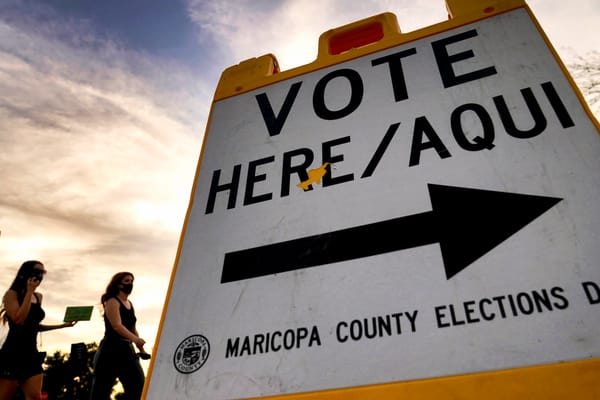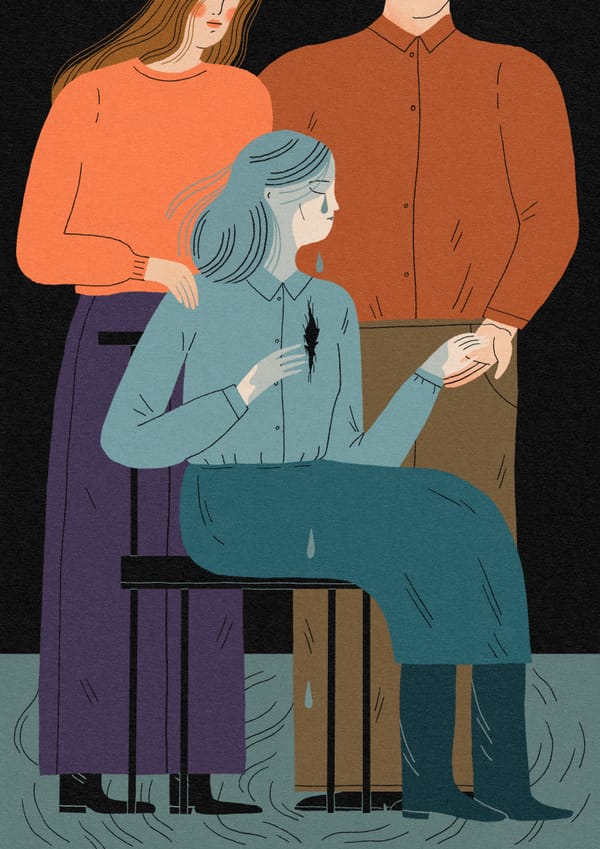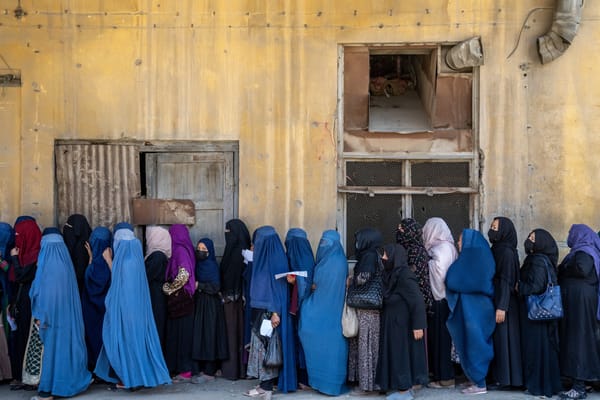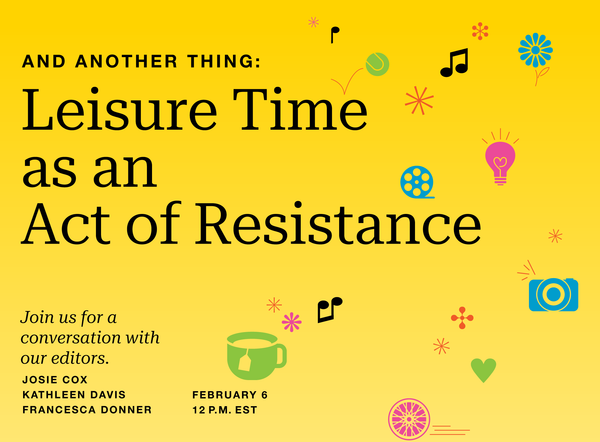If She Were Here Today, She’d Be President
Written out of the history of suffrage, Jeannette Rankin was a remarkable feminist and congresswoman. The author Lorissa Rinehart finally tells her story.
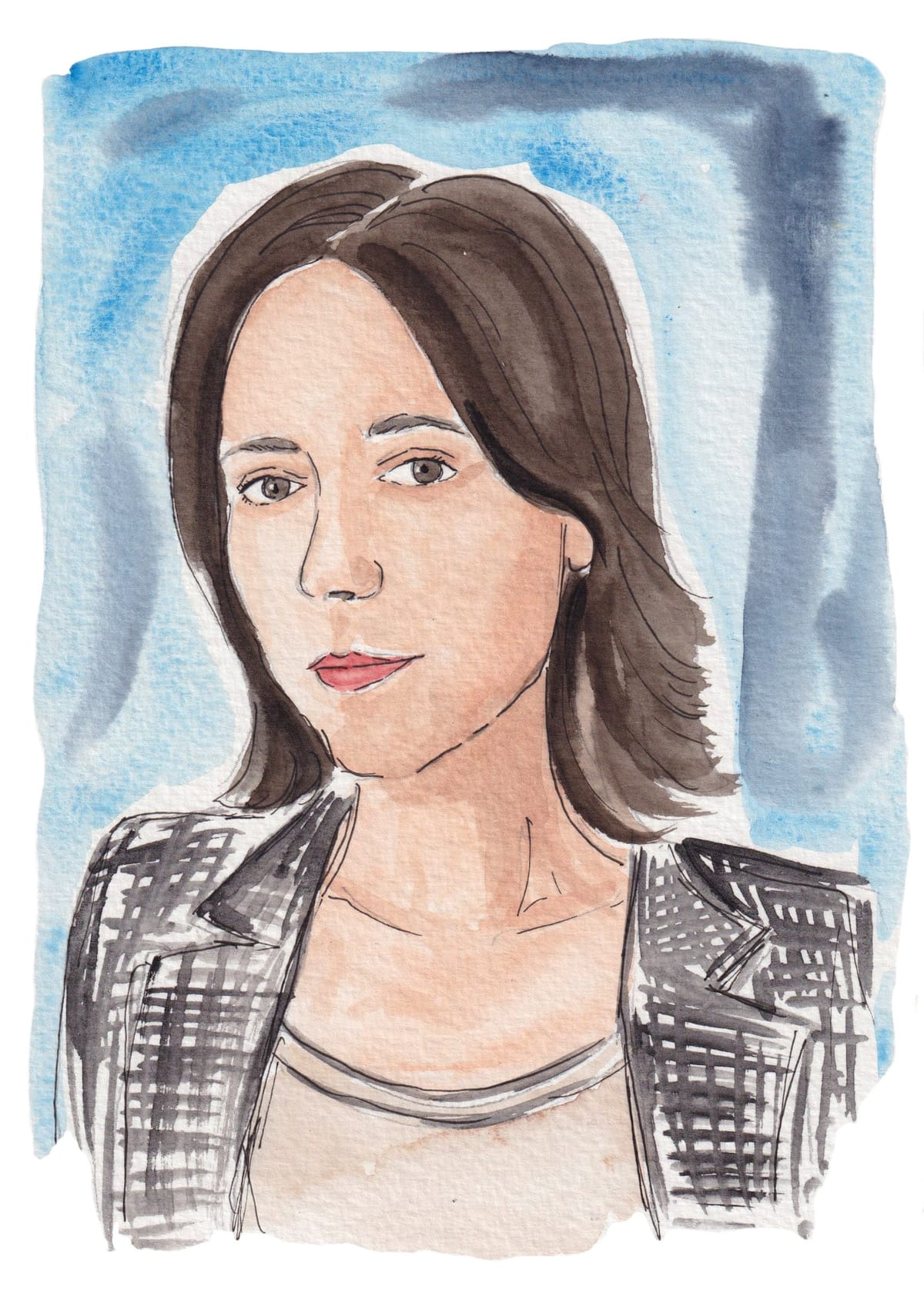
In 1910, a former social worker named Jeannette Rankin learned that the Montana legislature was about to consider a bill on women’s suffrage. As an ardent women’s rights campaigner, she was thrilled.
Then she discovered the bill had been introduced by Rep. D.J. Donohue as a joke—a way to lighten the mood and mock the “mad” idea of women making decisions for themselves. Rankin immediately saw the opportunity of a lifetime, not just for herself but for an entire nation.
Within months, she had become the first woman to speak before the Montana legislature, arguing in support of enfranchisement for women. She even managed to convince the bill’s sponsor, Rep. Donohue, to support her proposal to give women the right to vote—an unlikely 180-degree turn and a testament to her powers of persuasion. Despite intense misogyny, from both the public and lawmakers, Rankin organized a meticulous grassroots campaign—going door to door, street to street—that resulted in both state houses backing the bill within two years. Suffrage passed in Montana in 1914, almost unanimously, making it the 11th state to grant women the right to vote.
After a brief stint working as a seamstress and observing social conditions in New Zealand—where women already had the vote—Rankin returned to Montana and ran for Congress. In 1916, she won, becoming the first woman elected to Congress in the United States. It would be four more years before women nationwide secured the federal right to vote.
Despite Rankin’s achievements—the trails she blazed and the enduring impact she had beyond Montana—most people haven’t heard of her. She was inducted into the Women’s Hall of Fame and a statue of her stands in the U.S. Capitol, but she’s far from a household name.
The California-based author and historian Lorissa Rinehart is intent on changing that. She sat down with The Persistent to discuss the remarkable life and legacy of Jeannette Rankin as chronicled in her forthcoming book Winning the Earthquake: How Jeannette Rankin Defied All Odds to Become the First Woman in Congress, to be published in November.
The conversation has been edited and condensed.
Jeannette Rankin smashed all kinds of glass ceilings. Yet there hasn’t been a comprehensive biography of her in the way you’ve written. Why did you choose to write one now?
Jeannette’s voice is so relevant to the moment in which we live. When she was campaigning for suffrage and later running for Congress, she was standing directly opposed to the oligarchs of Montana. At the time, Montana was essentially a one-company state, controlled by Anaconda Copper—a de-facto subsidiary of Standard Oil. They owned the mines, the newspapers, and had bought the legislatures and the judicial system.
She took them on and won, through grassroots campaigns—first in suffrage, then in her congressional run. That’s crucial to understand today: Opposing oligarchs and building grassroots movements is as urgent now as it was then.
Another important part of her legacy is her push for democratic reforms. In 1917, she argued for ranked-choice voting, multi-member congressional districts, universal absentee balloting, and abolishing the Electoral College. Imagine if we had those today—we’d have a stronger democracy that actually expressed the will of the people. And yet, over a century later, we’re still fighting for those reforms.
My goal was to show that there’s a long tradition of women strengthening democracy—even before suffrage. [Women have] always been part of building the American promise.
Jeannette Rankin’s name isn’t commonly mentioned in connection with the 19th Amendment. We hear of Susan B. Anthony, Elizabeth Cady Stanton, Alice Paul—but not Jeannette. Why?
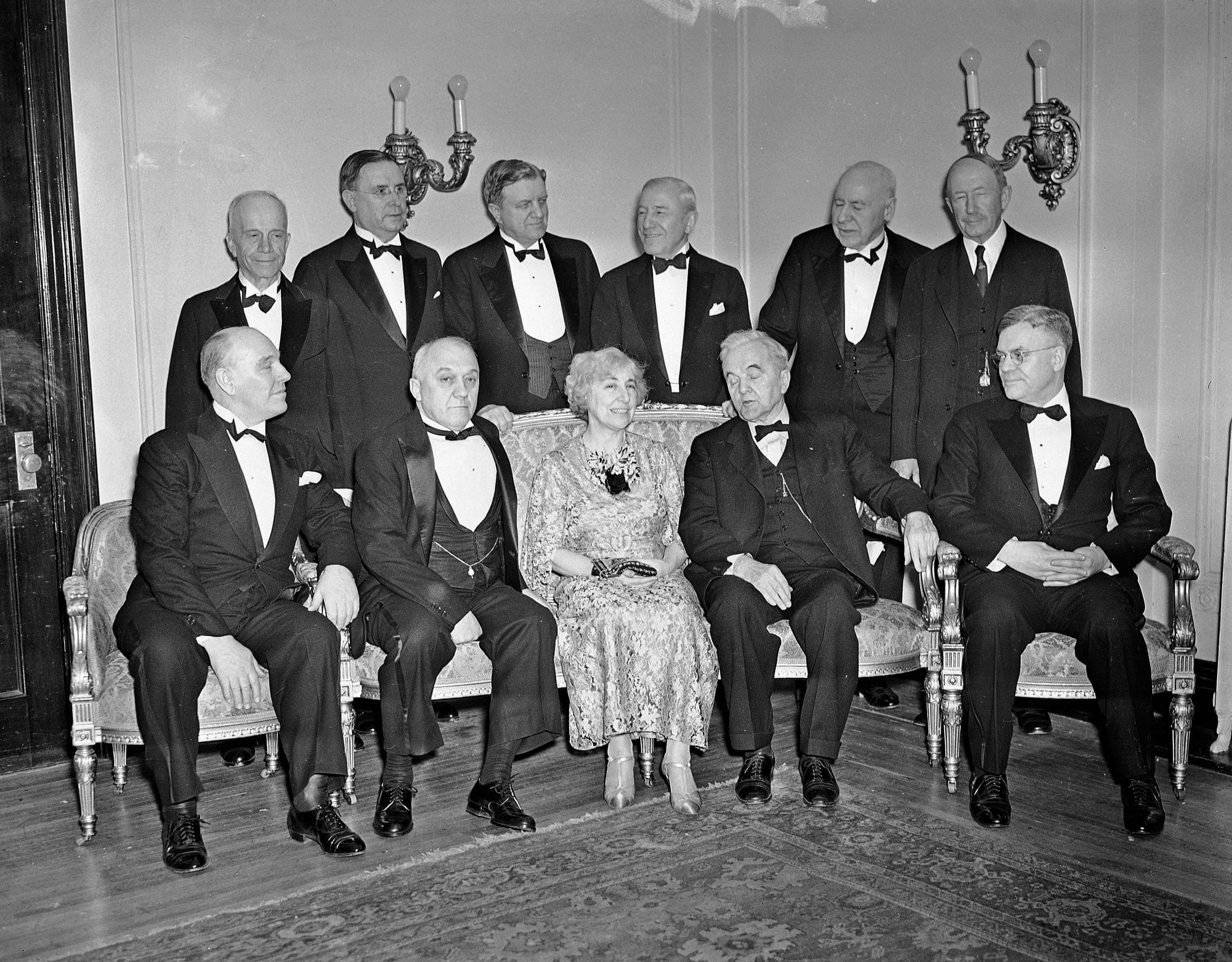
There are two main reasons. First, Jeannette voted against U.S. entry into World War I. By then, the suffrage movement had turned toward a pro-war stance. Alice Paul was also opposed to war, but she wasn’t in Congress the way Jeannette was. Jeannette’s very first vote in Congress was whether America should join the war and prominent suffragists lobbied her hard to vote yes, fearing a no vote would damage suffrage. But Jeannette understood that war undermines democracy. She knew that while suffrage was on the horizon, women also had other priorities—reproductive care, women’s health funding, broader reforms. A war would bury all of those. And she was right.
Her stance got her shunned. She was effectively banned from the National American Woman Suffrage Association (NAWSA) events, despite being a former field secretary.
The second reason is geographic. Jeannette was in Montana, far from the East Coast universities and archives that preserved so much of women’s history. As a result, her papers weren’t saved in the same way. That has contributed to her being written out of the central suffrage narrative.

One of the parts of your book I found riveting was your description of the vitriol Jeannette endured, especially after her vote against the U.S.’s involvement in the war. Based on your research, how much of that was misogyny, and how much was genuine outrage at her “unpatriotic” stance?
If she had been a man, her vote still would have been seen as unpatriotic. But the way she experienced the backlash was pure misogyny. One newspaper even wrote, “She voted no, but as everyone knows, when a woman says no, she doesn’t mean it.”
If she had been a man, some people might have respected the courage of her convictions.
So yes, the vitriol was absolutely gendered. If she had been a man, some people might have respected the courage of her convictions. [She finally got some recognition] decades later, when John F. Kennedy published Profiles in Courage. He didn’t include a single woman [in the first edition]. Only after that was pointed out did he add an addendum naming five women—and Jeannette was among them.
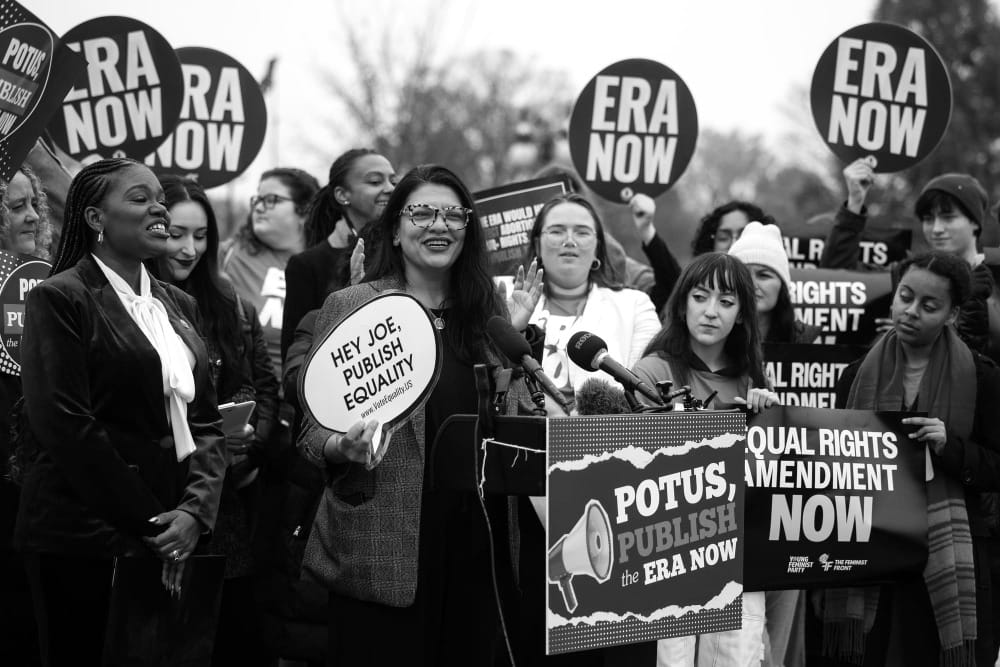
In 1942, Jeannette wrote to a suffragist friend, “Isn’t it strange how the world seems to go around in circles and we live to see the same thing over again?” How does that resonate with you today?
It’s uncanny. Women’s history in particular feels like living in circles, because for so long we’ve been denied knowledge of it. Without access to our past, we end up reinventing the wheel. Jeannette often said this—that the women’s movement of the 1970s was trying to do what she and her peers had done in 1917, but without knowing their legacy.
Women’s history in particular feels like living in circles, because for so long we’ve been denied knowledge of it.
She was also warning about war. In 1916, she campaigned on a platform of pacifism, saying, “Preparing for war leads to war; preparing for peace leads to peace.” She repeated that between the wars. Reading her words now, while watching the world re-arm, is chilling. She understood the stakes: If we don’t stop this cycle, the only conclusion is another global war.
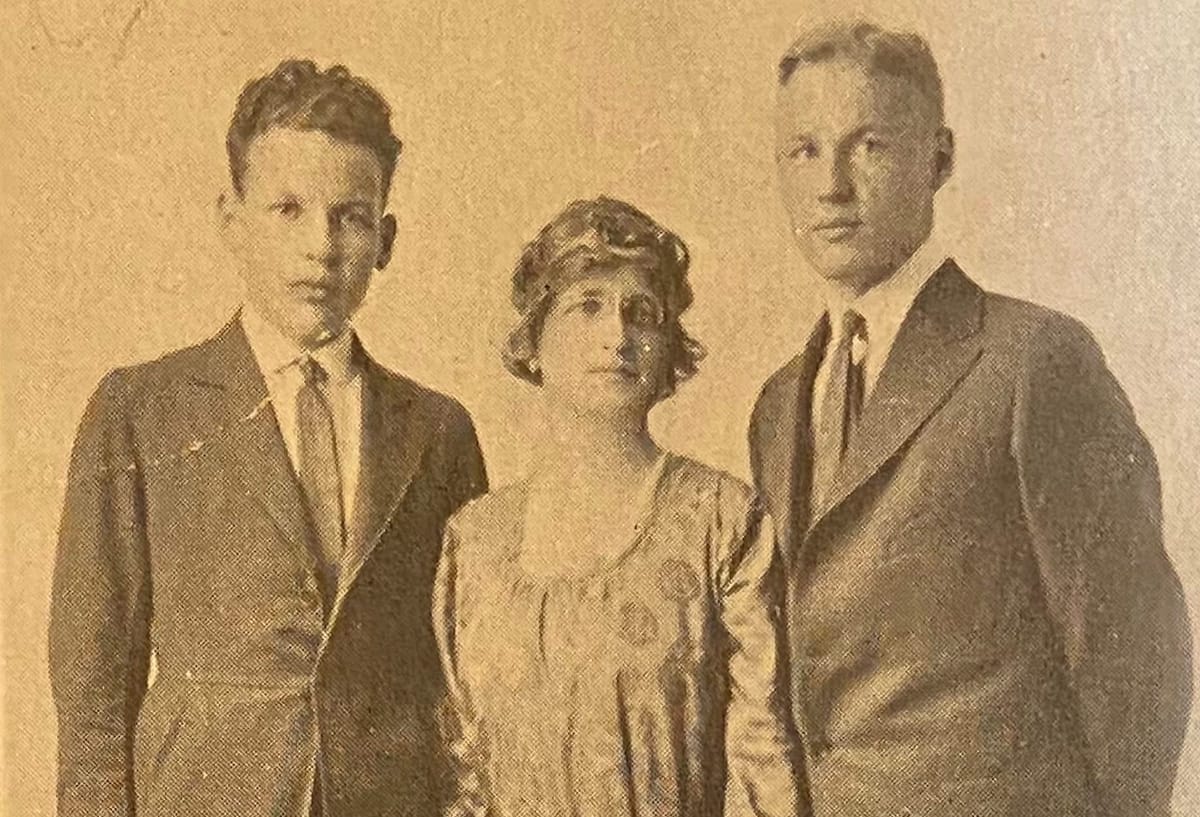
If Jeannette had been born a hundred years later, what would she be doing now?
She’d be president. She was one of the most skilled political figures this country has seen.
Overall, her legacy hasn’t received the recognition it deserves—as a trailblazer for women’s rights and for American democracy. I hope this book changes that. In times of peril, we need heroes for inspiration and wisdom. Jeannette is one of them.





